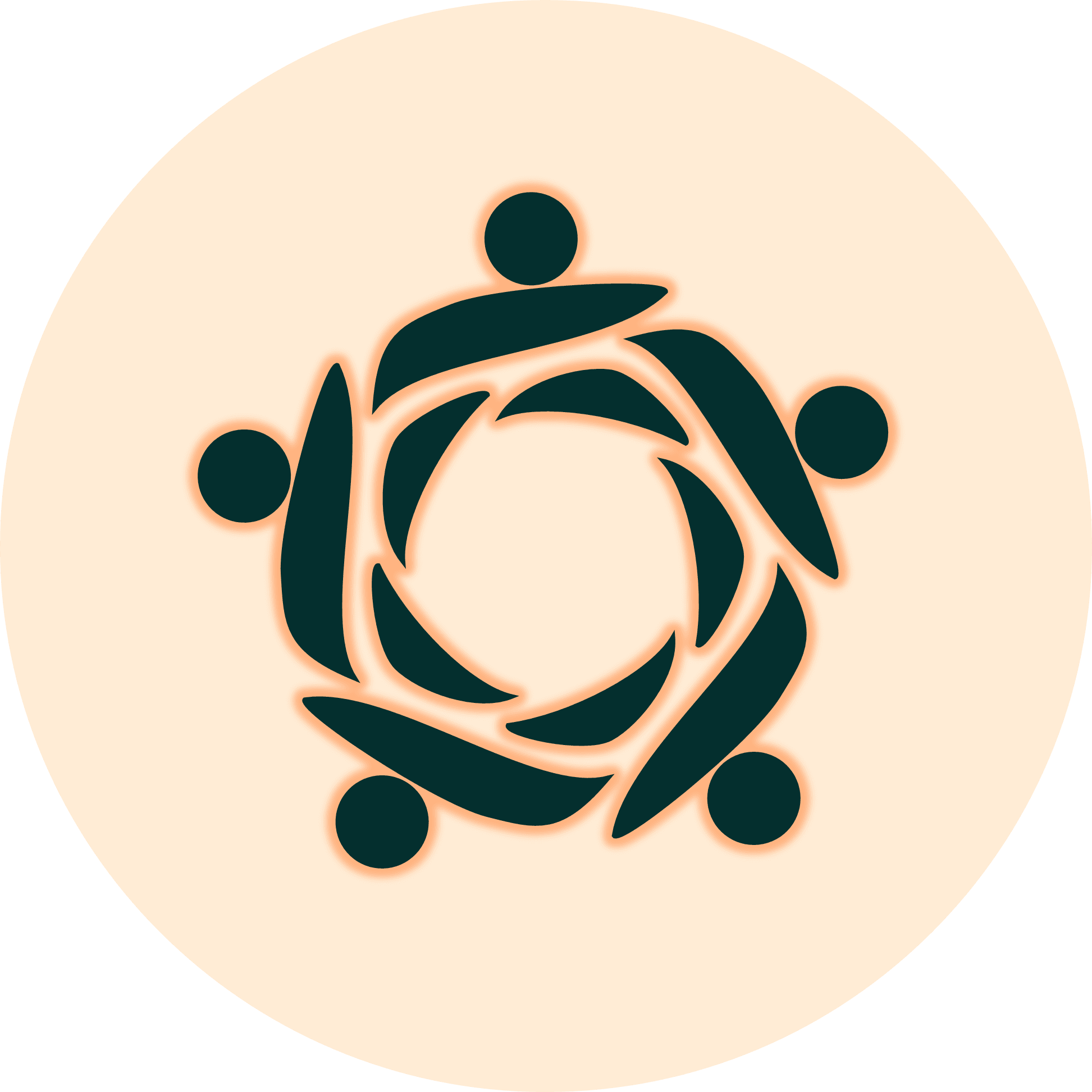Individual guideline
Make social connection a priority throughout your life
Social connection is a basic human need for people of all ages, but meeting your social needs often requires time, effort, and intentionality.
- Be thoughtful and aware of how much and what types of social connection you're getting and whether you’re getting enough social connection.
- While recognizing that relationships are not always easy, strive to pursue meaningful, satisfying, and positive connections with others.



Additional considerations
Loneliness is the emotional distress and dissatisfaction that arises from not having the social connections one desires; it is distinct from social isolation, which refers to an objective lack of contact with other people. Like hunger and thirst, loneliness can be thought of as a fundamental human drive, serving as a signal that motivates us to seek out social interactions. When our social needs are unmet, significant health consequences occur. The body's nervous system may shift into a state of dysregulation, activating the fight-or-flight response. This heightened state of alertness, known as social vigilance, makes individuals overly sensitive to social threats and cues. As a result, the chronic stress from sustained social vigilance activates the body's cortisol and stress reactivity systems. Elevated cortisol levels, in the long term, disrupt our normal bodily functions, leading to a cascade of health problems. Those include impaired immune function, increased risk of heart disease, and deterioration of mental health. In sum, there is strong evidence that loneliness and social isolation are health risks.
Illustrating the risks of loneliness and social isolation, studies show that individuals who are lonely or isolated experience profound health consequences. In fact, the quality of our connections with others appears to have a stronger impact on our health than living an inactive lifestyle or being obese. Some estimates even suggest that a poor social life is equivalent to smoking. As such, we should prioritize our relationships to the same extent we do our diet and exercise routines. Indeed, humans are social beings – meaning social connection is a fundamental prerequisite for our healthy functioning.
Additional resources

A Canadian movement promoting social well-being through face-to-face interactions. It aims to combat social isolation and loneliness by encouraging people to reconnect with their communities and provides tools to help foster meaningful social connections.

Connect: 100 Ways to Create Happiness in Your Life
A workbook offering actionable steps to increase social connections, social support, and inclusion. It’s suitable for various groups, from individuals to families, LGBTQ+ communities, and underserved populations.

Live to 100: Secrets of the Blue Zones
A Netflix documentary exploring the lifestyles of communities where people live longer, healthier lives, emphasizing the importance of strong social bonds and community connections for wellbeing and longevity.

A documentary following social scientist Robert Putnam, examining the decline in community connections in the U.S. and its impact on democracy, highlighting the importance of civic engagement and rebuilding community bonds.

CDC’s Social Connection Topic Page
Discusses the role of social connections in mental and physical health, emphasizing how supportive relationships contribute to longer, healthier lives and how communities can foster social bonds to enhance resilience.

The Village Effect: How Face-to-Face Contact Can Make Us Healthier and Happier
A book by Susan Pinker exploring the significant impact of in-person social interactions on health and happiness, emphasizing the importance of maintaining personal connections in an increasingly digital world.

Social: Why Our Brains Are Wired to Connect
A book by Matthew D. Lieberman revealing how our brains are designed to thrive in social environments, underscoring the necessity of social connections for human survival and wellbeing.

Loneliness: Human Nature and the Need for Social Connection
A book by John T. Cacioppo and William Patrick discussing how loneliness affects health and offering strategies to overcome isolation by building meaningful relationships.

Platonic: How the Science of Attachment Can Help You Make—and Keep—Friends
A book by Marisa G. Franco offering practical advice for forming and maintaining friendships using insights from psychology and attachment theory.

A book by Kasley Killam exploring the importance of both in-person and digital connections for mental, emotional, and physical health, advocating for prioritizing social bonds.

Friends: Understanding the Power of Our Most Important Relationships
A book by Robin Dunbar examining the science of friendship, its evolutionary origins, and its role in health and wellbeing, offering insights on nurturing social bonds.

Together: The Healing Power of Human Connection in a Sometimes Lonely World
A book by Dr. Vivek H. Murthy discussing the impact of loneliness and providing strategies for fostering deeper connections to improve health and wellbeing.

